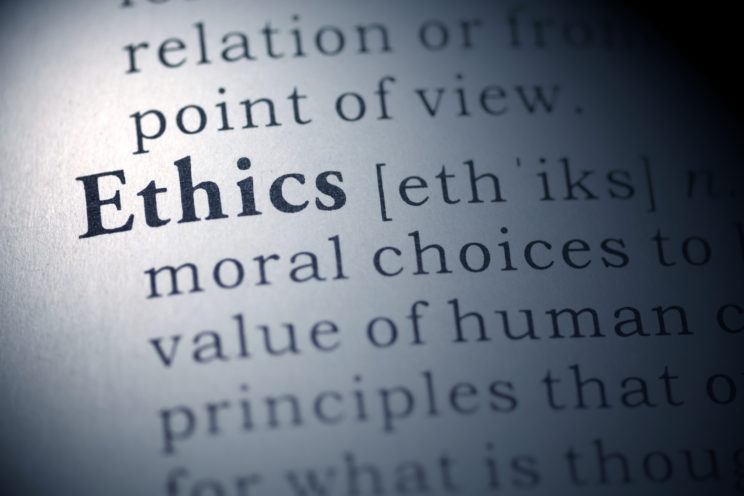Believing that opposing counsel violated the California Rules of Professional Conduct (CRPC or Rule) can present a clear ethical dilemma for attorneys. However, Rule 3.10, also known as the extortion prohibition rule, provides limitations on the attorney’s actions. Rule 3.10 (a) states: “A lawyer shall not threaten to present criminal, administrative, or disciplinary charges to obtain an advantage in a civil dispute.” This Rule expanded the application of the former Rule 5-100 by providing in subsection (b) that the term ‘administrative charges’ means the filing or lodging of a complaint with any governmental organization that may order or recommend the loss or suspension of a license…”; and providing in Comment [5] that “governmental organizations now includes foreign governmental organizations”.
The concept underlying Rule 3.10 has a long history. It was created to address misconduct by attorneys who threatened criminal charges in order to coerce settlement of a dispute. The Rule generated from DR 7-105 of the Model Code and was formerly adopted by the American Bar Association (ABA). However, the ABA and the majority of jurisdictions in the United States do not include the Rule because there are other safeguards in other rules that govern attorney misconduct for extortion. California, however, thought it was still necessary to have Rule 3.10. Unlike the mandate in Rule 8.3 of the Model Rule of Professional Code as adopted by other states, California does not require a lawyer to report another lawyer’s misconduct to the California State Bar.
The threshold for the application of Rule 3.10 is that the lawyer cannot use the opposing counsel’s violation as a threat to seek an advantage in the underlying civil matter. For example, the opposing attorney cannot threaten to report the attorney to the State Bar unless she agrees to settle the underlying claim. However, Comment [1] states: “if a lawyer believes” in good faith that the conduct of the opposing lawyer or party violates criminal or other laws, the lawyer may state that if the conduct continues the lawyer will report it to criminal or administrative authorities”. Does this Comment provide an out? Any statement to the opposing counsel could be viewed as a veiled threat in violation of the rule. It may be difficult to draw the line and the application of the Rule may all depend on the circumstances. (See Cohen v. Brown (2009) 173 Cal.App.4th 302, 317-318).
Opposing counsel contacting a represented party or having a clear conflict of interest may prompt the attorney to want to provide notice to opposing counsel. Actions by the opposing counsel which interfere with the attorney-client relationship may warrant assertive action, as such interference could impact the attorney’s ability to provide competent legal services. However, the notice should be carefully drafted to avoid being viewed as a threat in the underlying dispute.
About the Author:
 Dianne Jackson McLean is a partner at the law firm of Goldfarb & Lipman, where she is a transactional attorney, representing public housing authorities, cities, and other government agencies in complex mixed finance affordable housing transactions and economic development matters. Jackson McLean also provides advice to her firm on ethics. Jackson McLean is the chair of the Bar Association of San Francisco’s Legal Ethics Committee.
Dianne Jackson McLean is a partner at the law firm of Goldfarb & Lipman, where she is a transactional attorney, representing public housing authorities, cities, and other government agencies in complex mixed finance affordable housing transactions and economic development matters. Jackson McLean also provides advice to her firm on ethics. Jackson McLean is the chair of the Bar Association of San Francisco’s Legal Ethics Committee.


